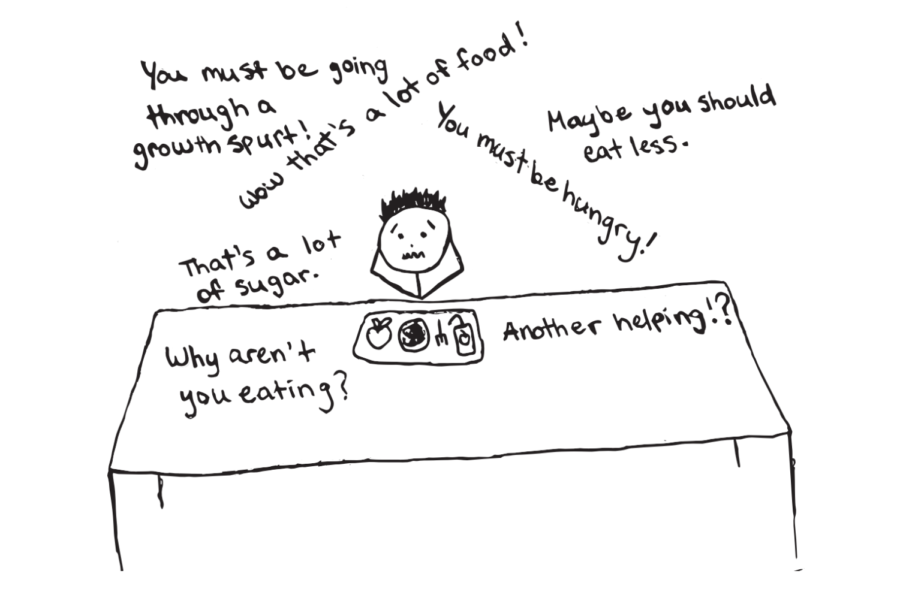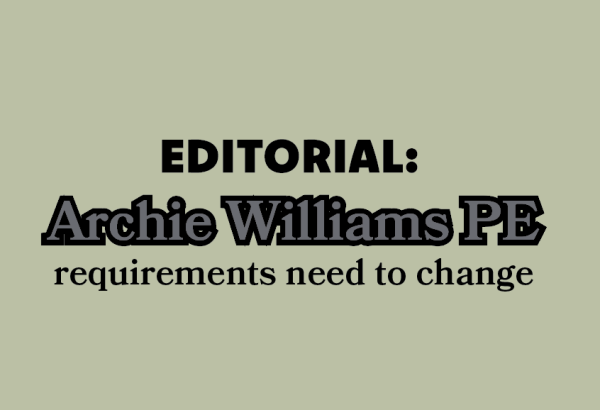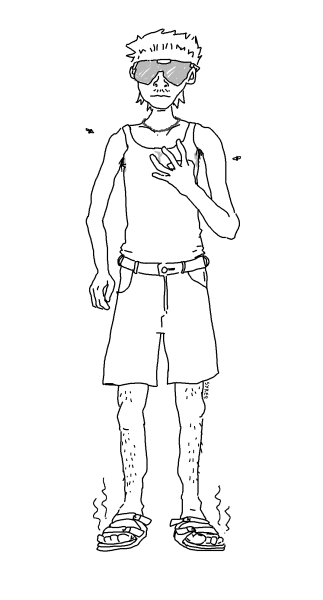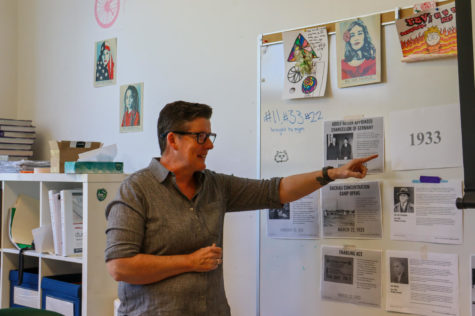AWHS needs inclusive curriculum to create safer environment for students and faculty
Constant jokes and questions about food creates a stressful environment for students.
*Trigger Warning: This article discusses eating disorders
Anxiety, depression, sexual assault, homophobia, transphobia, anti-Semitism, eating disorders, body image, racism, profiling, and stereotyping – just a few of the many issues that teens face in today’s world. Yet, our school doesn’t seem to educate its faculty or students enough on these issues and how to help others feel more comfortable without directly knowing about personal problems. To resolve this issue, AWHS should include education on such topics as a regular part of its curriculum.
In the past, my own teachers have inquired students about the details of their meals and diets. Such conversations create an uncomfortable situation for students who may have difficulty with their mental health regarding food. According to Polaris Teen Center, 50 percent of teenage girls and 30 percent of boys use unhealthy weight controlling behaviors such as diet pills, fasting, and overexercising.
The National Association for Anorexia Nervosa and Associated Disorders (ANAD) said that 9 percent of the U.S. population (28.8 million people) develops an eating disorder at some point in their lifetime. For these students (and those whose loved ones have had eating disorders), discussions about food can be extremely triggering. Many students may not feel comfortable telling a teacher they don’t want to take part in the conversation, as it would bring attention to a private and sensitive personal issue.
One cannot tell what another person is struggling with solely based on their appearance. According to ANAD, only 6 percent of people who have eating disorders are medically diagnosed as “underweight.”
People make too many assumptions based on looks. Just as skin color doesn’t determine ethnicity and clothing choices don’t determine sexuality or gender, weight doesn’t determine health.
Many teens also struggle with mental health issues like anxiety, with little understanding from teachers unless specifically addressed.
According to Polaris Teen Center, 1 in 3 teens ages 13 to 18 have social anxiety disorder, yet some teachers continue to call on them randomly and make them speak in front of the class. If these students finally feel comfortable telling their teachers they have anxiety, some teachers don’t take it seriously enough, worsening the situation.
Along the same lines, students shouldn’t be forced to discuss their personal lives or identities at school if they’re uncomfortable. While gender expression and sexuality may be important parts of someone’s identity, some students are not comfortable talking in-depth about such topics, and this must be honored.
Many students who struggle with anxiety, depression, identity, or body image may not feel comfortable talking about it with their peers or teachers. For this reason, teachers and students need more education on these complicated and sensitive topics and how to handle situations where these issues come up. In order for a student to leave the classroom during an uncomfortable conversation or to be able to modify a presentation assignment so that they are more comfortable, the student often has to tell the teacher their personal problems. This can mean that the rest of the class catches on too.
The content that we’re surrounded by can influence us into unhealthy habits and teach us to ignore our mental and physical health for a desired “aesthetic.” Social media needs to become less censored on free speech to allow people from silenced communities of mental illness, race, gender, and sexuality to share their stories and encourage acceptance and empathy. This starts with education, which also comes with a shift in mindsets to more openness and inclusivity.
Education combats ignorance, which is too often the cause of discriminatory situations. Learning brings awareness. Once the people in our school and community are educated on these issues, they will know how to prevent an insensitive environment in school and beyond.
Including a lesson about gender fluidity in language curriculums is another important step towards complete inclusivity and support in the school environment. We are becoming more aware of non-cisgender pronouns (including they/them/theirs) but are still taught to assume people’s genders in books and exercises based on their names. Rather than just being aware of gender fluidity, we should be taught not to assume someone’s pronouns based on their name or appearance.
An article in the Hechinger Report entitled ‘Schools struggle to help students return to class after a mental health crisis followed a 17-year-old high school student in Massachusetts who struggled with anxiety and depression. The student took part in Bridge for Resilient Youth in Transition (BRYT), a program which offered her psychological and emotional support, while also assisting her with catching up on missed schoolwork. AWHS should follow this exemplary program in order to support students who face psychological challenges.
Although this task seems heavy-handed, it’s quite simple. AWHS Wellness, leadership groups, or passionate students could create lessons for tutorial periods, similar to the recent sexual assault harassment presentation from Peer Resource (PR) and the micro aggression presentation from Students Taking Action for Anti Racism (STAAR). These lessons could be straightforward, explaining the problems and ways to handle situations involving sensitive issues. Along with these lessons, AWHS faculty should offer more support to PR and STAAR – as well as other advocacy groups similar to BRYT – and should refrain from censoring important messages, instead just adding a trigger warning if necessary.
Such simple solutions could prevent uncomfortable and anxiety-inducing situations for many students, thus creating an overall safer and more comfortable environment for all AWHS students and faculty members.
Your donation will support the student journalists of Archie Williams High School. Your contribution will allow us to purchase equipment and cover our annual website hosting costs. Each donation will receive a magazine subscription for a year (6 copies a year), and become a part of the important work our publication is doing.
$35 -- Subscription to the magazine
$50 -- Silver Sponsorship
$75 -- Gold Sponsorship
$100 -- Platinum Sponsorship

Kelsey is a senior in her fourth year of journalism. She love classic rock, taking candid photos of friends, and binge watching brooklyn nine-nine. You...












